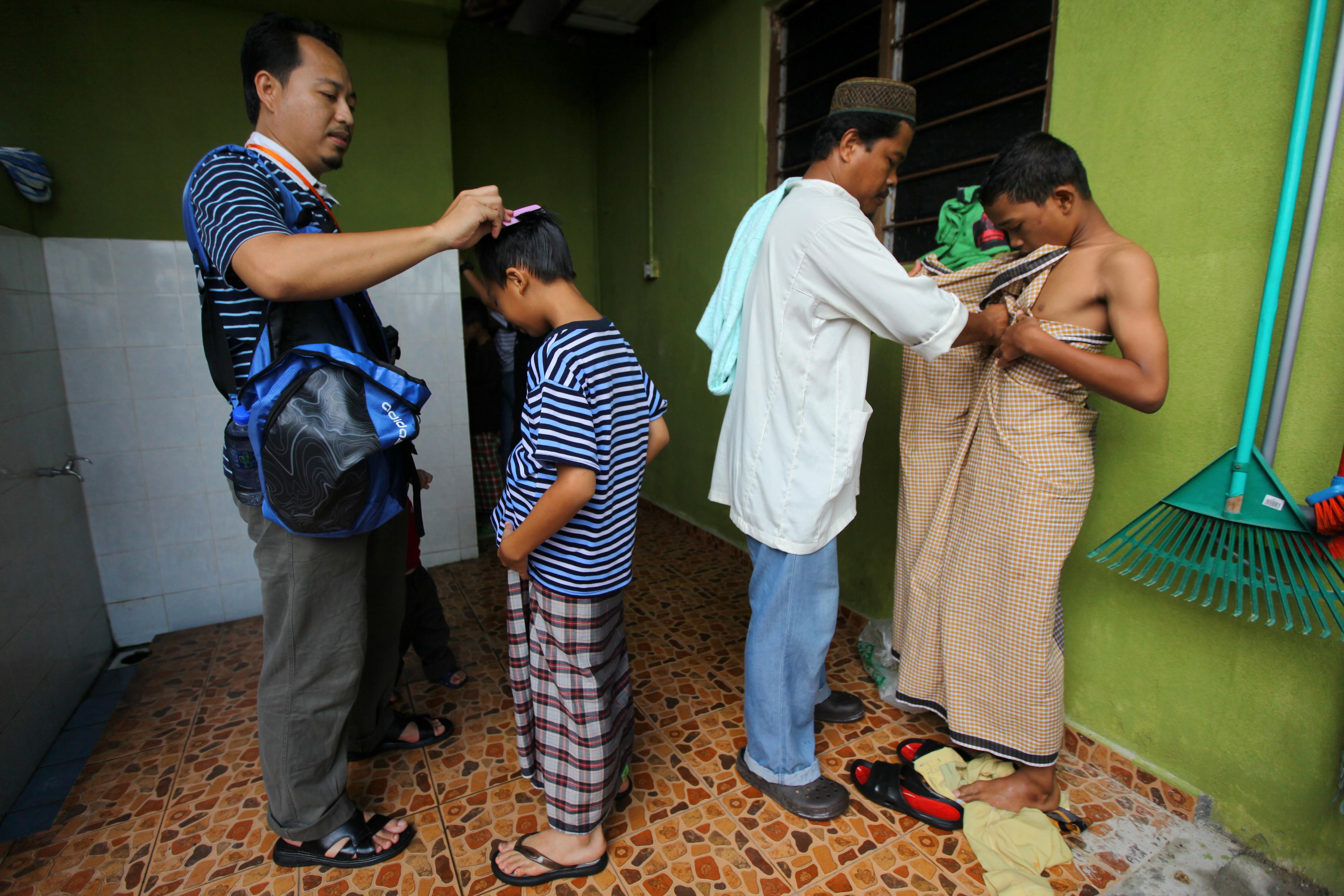Dana Goldstein explores a number of approaches schools are using to try to intervene in the parent-child relations and concludes that “this kind of work is time-consuming and sometimes expensive, but it isn’t at all self-evident that schools are helpless in the face of ‘bad’ parenting practices.”
Something this reminds me of is that if having schools act as substitute parents is expensive, that’s because parenting itself is expensive. Family life is subject to a vicious economic conundrum known as Baumol’s cost disease. Economy-wide wages are linked to economy-wide productivity. That means that over time sectors of the economy that don’t feature productivity gains will see rapidly rising costs. One example frequently used to illustrate the point is live music. By definition, a live violin performer can’t really use technology to improve his productivity. But everyone else can. Consequently, in inflation-adjusted terms the price of live violin performances is much higher in 2011 than it was in the much poorer world of 1911. People often observe that the education sector of the economy tends to suffer from this problem, though increasingly there’s optimism in some quarters that online learning will in fact create technology-linked productivity gains.
But think about what parents do! Child-rearing is basically stick stuck in a kind of dark ages of artisanal production, but as market wages have risen the opportunity cost of this extremely labor intensive line of work has steadily increased. The implication is that societies that want to continue existing in the future are increasingly going to have to find ways to subsidize parental investment in the next generation.
